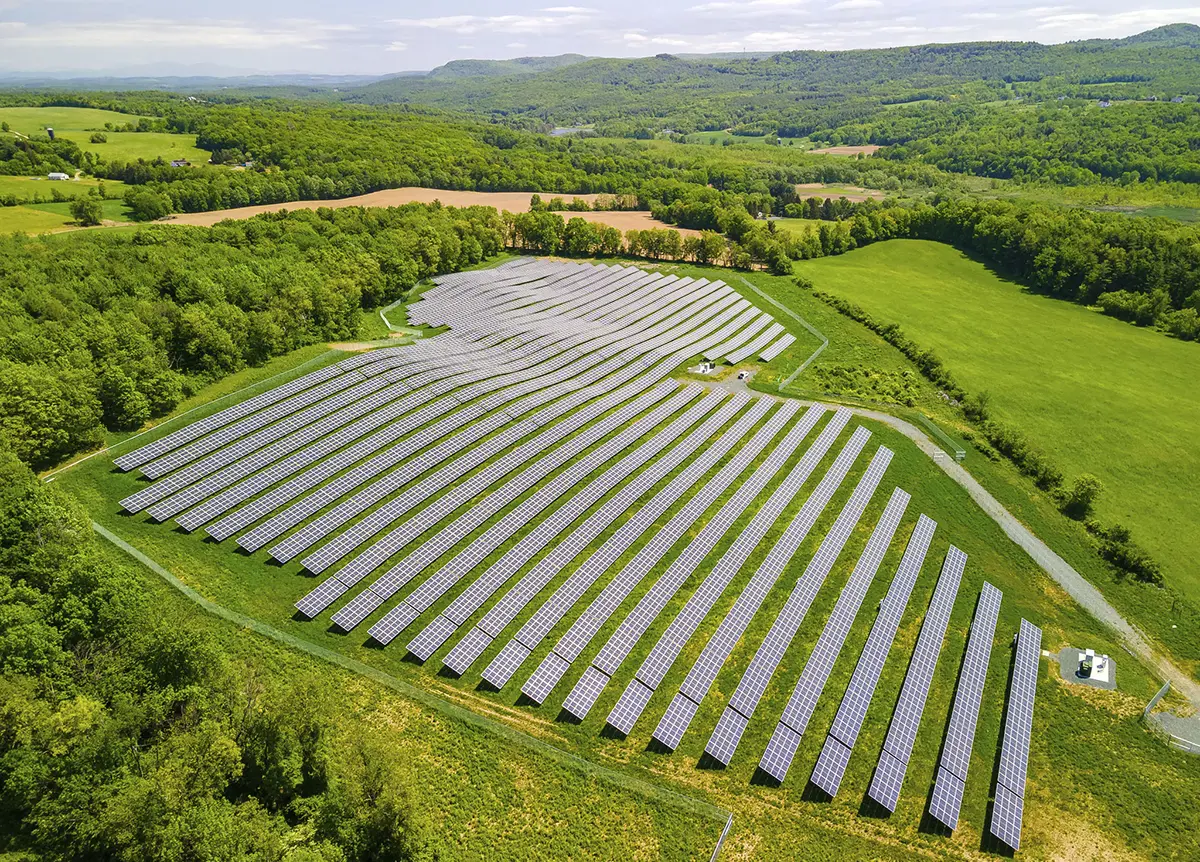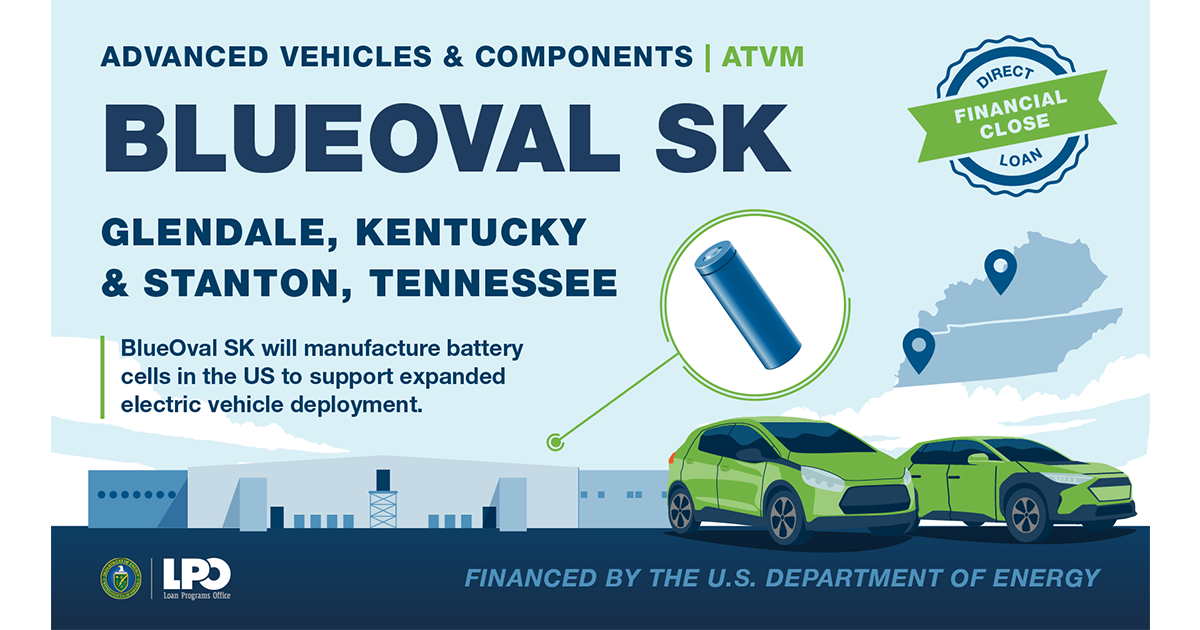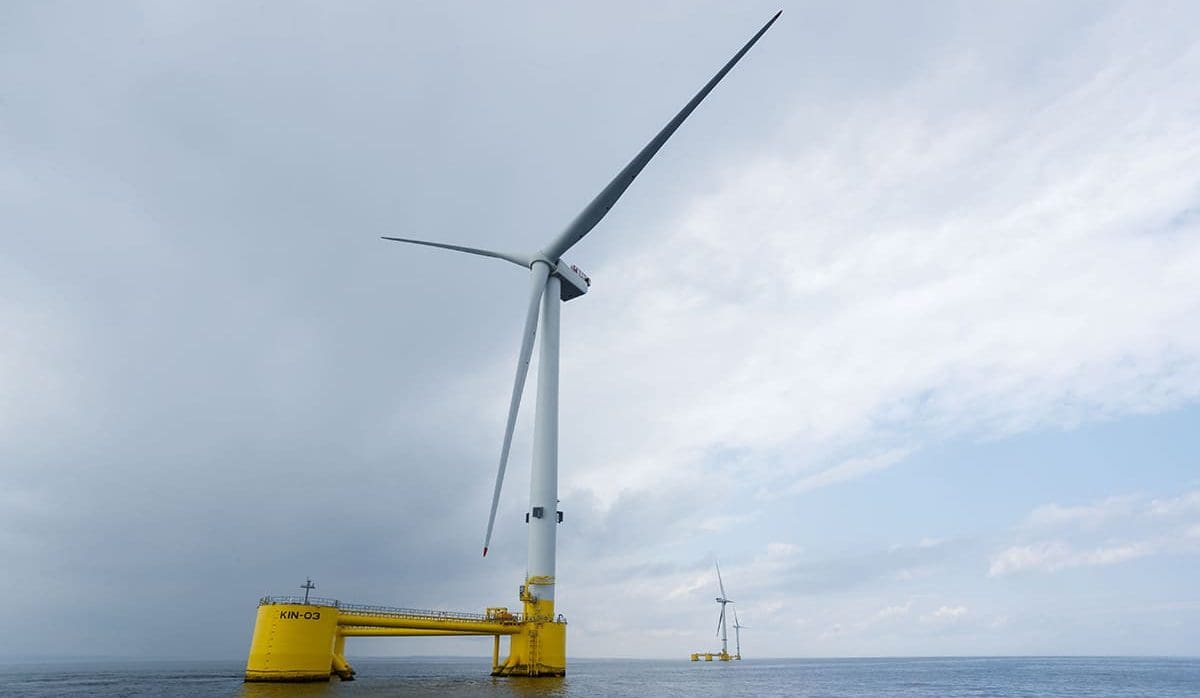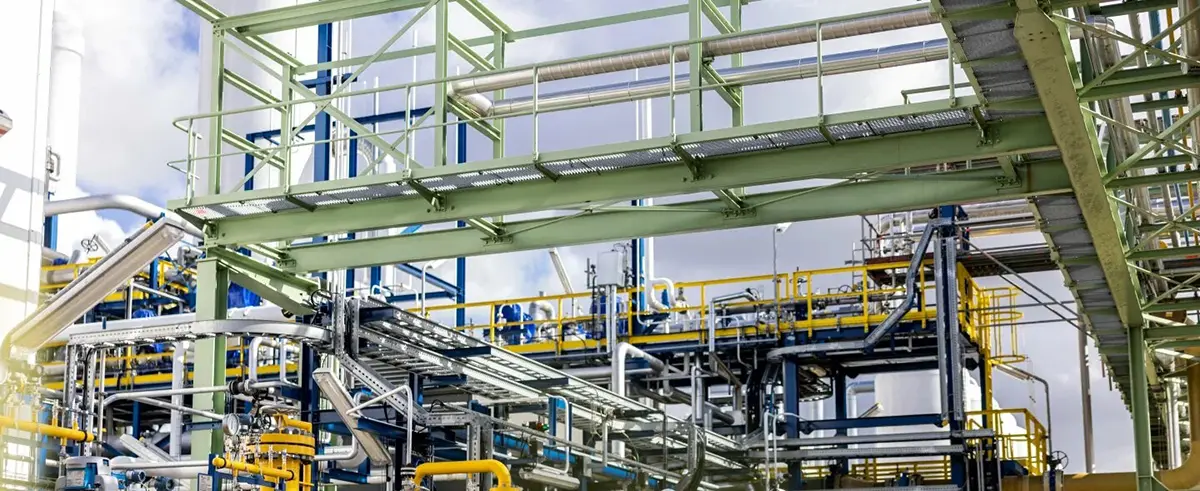
Global Net-Zero Targets In Jeopardy

The inaugural “Global Net Zero Jeopardy Report” by the Energy Industry Council (EIC) found that only 11% of energy industry leaders believe global interim targets for achieving net zero will be met. The EIC is a global trade association for the energy supply chain. The full report is available through the EIC website.
This scepticism underscores a critical and growing gap between current industry reality and the ambitious net-zero goals set by policy makers for 2030 to 2035. This is despite a more optimistic outlook for 2050 targets, where 45% of respondents still see a pathway to success of global net-zero targets, according to the report.

When asked about their views on meeting net-zero targets in their respective countries, study participants had a slightly more optimistic outlook compared to their views on global targets. Only 16% of respondents felt optimistic about achieving their country’s interim net-zero targets, while 66% believed that the national 2050 goals were still achievable.
“This disparity in optimism underscores a crucial point,” says EIC’s Chief Executive Officer Stuart Broadley. “While the immediate future appears daunting, with most leaders now holding the view that interim targets are unachievable, there is a stronger belief — both within our home nations and collectively as one global community — in our ability to correct our course by the ultimate 2050 target date. This optimism is due to the potential for technological advancements and the conversion of policy into implementation.”
The report, based on surveys and interviews with 38 energy industry leaders, highlights the bleak global outlook for meeting interim climate targets. This is muddied by unclear policies and significant disparities in capabilities and priorities of different nations.

For longer-term targets, there’s cautious optimism, supported by legally binding targets and the impact of technological and capacity growth advances. Yet, scepticism arises from skill shortages, enforcement failure, and funding gaps. Some participants see only a major catastrophe being the catalyst for action, while others call for more proactive and mandated government directives for net-zero achievements.
The report shows that 61% of interviewed executives stress the need for more investment and incentives to launch net-zero projects, pointing to the high costs of green transitions and the importance of ensuring profitability for sustainability. Meanwhile, 45% cite unclear and inconsistent government policies as obstacles, advocating for stronger, more supportive regulations and international cooperation to foster a unified approach to sustainability. Regarding capacity, 22% highlight supply chain and infrastructural limitations, noting the gap between current capabilities and the requirements for a full transition to net zero.

Survey results reveal 87% of participants hold governments primarily responsible for not meeting net-zero targets, urging policy and regulatory reforms to mitigate climate change. Industry, seen as a key player in innovation and emissions reductions, is deemed the second most accountable. The call is clear for immediate, collaborative efforts led by strong governmental policies to drive sustainability.









